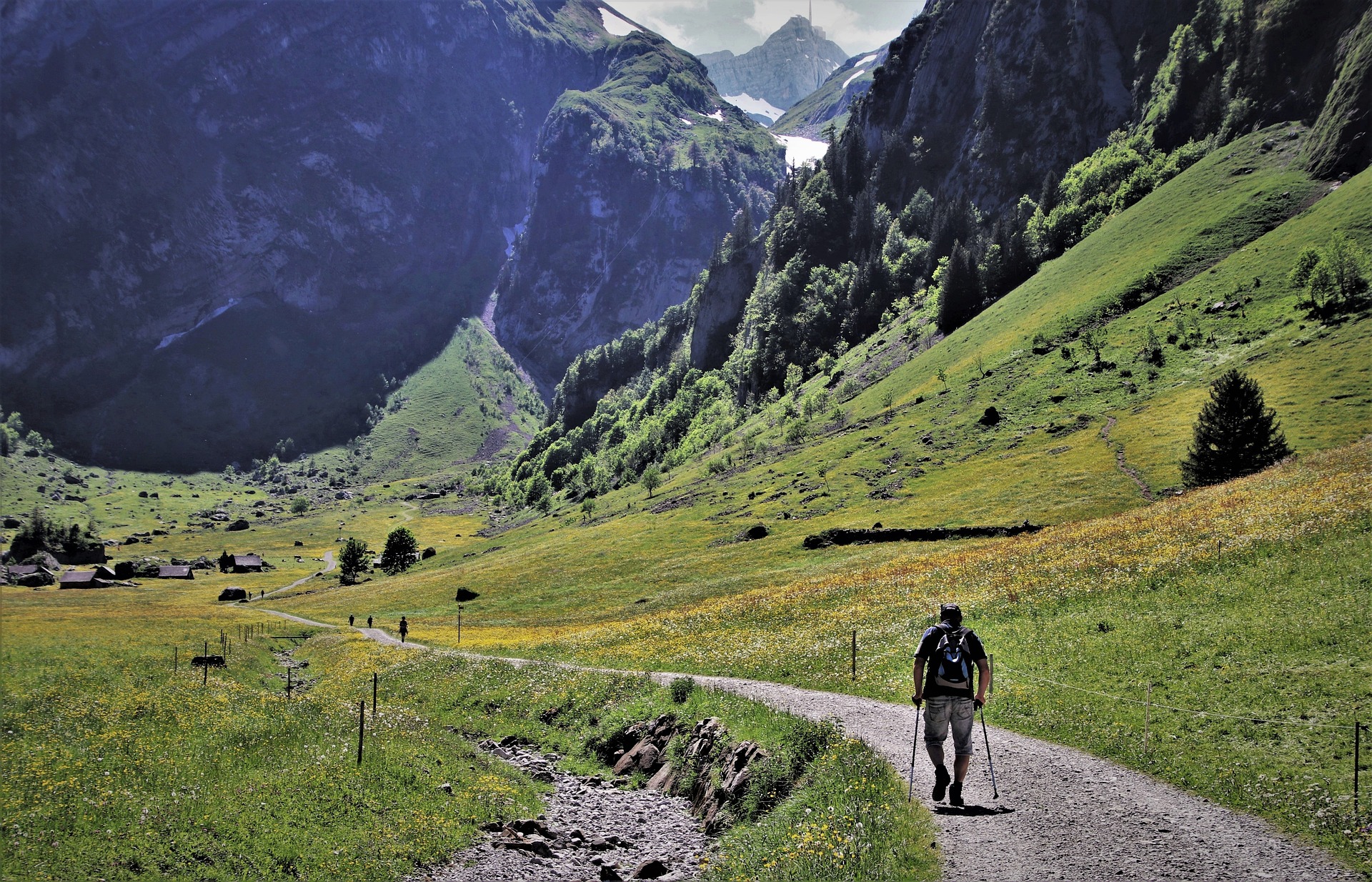Rediscovering Travel: The Attraction of Specialty Farms and Agricultural Tourism
From a seed into a ripe fruit, the journey of produce has caught increasing attention as more travelers are drawn to local agricultural bedrock. While still ensconced in idyllic rural charm, these farms aren't mere pastoral images anymore. Today, let us turn our travel lens on specialty farms and the trend of agricultural tourism.

Unearthing the Roots: From Farm to Favor
The concept of agricultural tourism—often called agritourism—is hardly new. Its roots trace back to the mid-20th century when farms started opening doors to city dwellers eager for a taste of the countryside. Today, it has blossomed into a full-fledged global trend, perfectly fitting into our quest for authentic and sustainable travel experiences. Admiring a vineyard, picking fresh strawberries, or learning about organic farming have become cherished travel activities.
Seeding a Trend: Agriculture in Today’s Travel Talk
In the changing travel landscape, the simple joys of a farm stay or a rural retreat have become a strong antidote to the chaos of our fast-paced, digital life. Unsurprisingly, expert trend analyses show a significant surge in agritourism. While upscale farm resorts attract luxury seekers, immersive farm experiences cater to the growing demand for educational tourism, sustainable practices, and meaningful interaction with nature and local communities.
The Bounty Unveiled: Advantages and Challenges of Farm-Based Tourism
Turning a working farm into a welcoming retreat comes with obvious advantages. It diversifies the farm income, supports local economies, and creates stronger connections between urban guests and rural hosts. Sustainable farming practices are promoted, and travelers become more conscious consumers.
However, potential challenges should not be overlooked. Such a transformation demands significant investments, infrastructure amendments, and maintenance. Plus, the influx of tourists can strain rural environments.
Farm-to-Fork Insights: Practical Perspectives
Agricultural tourism not only stimulates our senses by the allure of nature and the novelty of farm activities—it also piques our intellect and nurtures our understanding.
- By engaging in everyday farm tasks, travelers gain a deeper appreciation for food sources and the labor-intensive farming process.
- Tasting farm-fresh produce in a scenic rural setting is not just a culinary delight but also a direct support to local markets and growers.
- Farm stays boost eco-literacy by exposing visitors to sustainable farming practices and wildlife conservation efforts.
- Don’t Just Visit, Participate: Whether it’s apple-picking in a cozy orchard, milking cows in a dairy farm, or learning about olive oil production, hands-on participation is where the real charm of agritourism lies.
- Explore Thematic Routes: From wine trails to cheese tours, many regions offer themed circuits connecting various specialty farms.
- Stay Informed and Respectful: Understand the farm’s code of conduct. Remember, you’re stepping into a host’s livelihood and the region’s ecological balance.
In conclusion, farm-focused vacations bring out the best of travel—discovery, immersion, relaxation, and education. Beyond the once niche appeal of agritourism, its values extend to wider conversations about sustainable tourism, local economy support, and food consciousness. As explorers, it’s not just about taking a delightful trip—it’s also about acknowledging the roots while savoring the fruits.




